The following story is excerpted from TIME’s special edition, 100 Most Healing Foods.
Inflammation is our body’s healthy response to fighting disease. But when it gets out of hand, inflammation can become chronic and lead to a whole host of health problems, from autoimmune diseases to cancer. Foods high in sugar and saturated fat are thought to contribute to inflammation, which is why some people who have inflammatory conditions and autoimmune disorders try out low-sugar diets. On the flip side, there are also foods to pile onto your plate that may actually tamp down inflammation. Read on for the latest science on anti-inflammatory options, plus how to enjoy these picks.
Want to improve your health? Sign up for TIME’s guide to the healing power of food.
Bell peppers
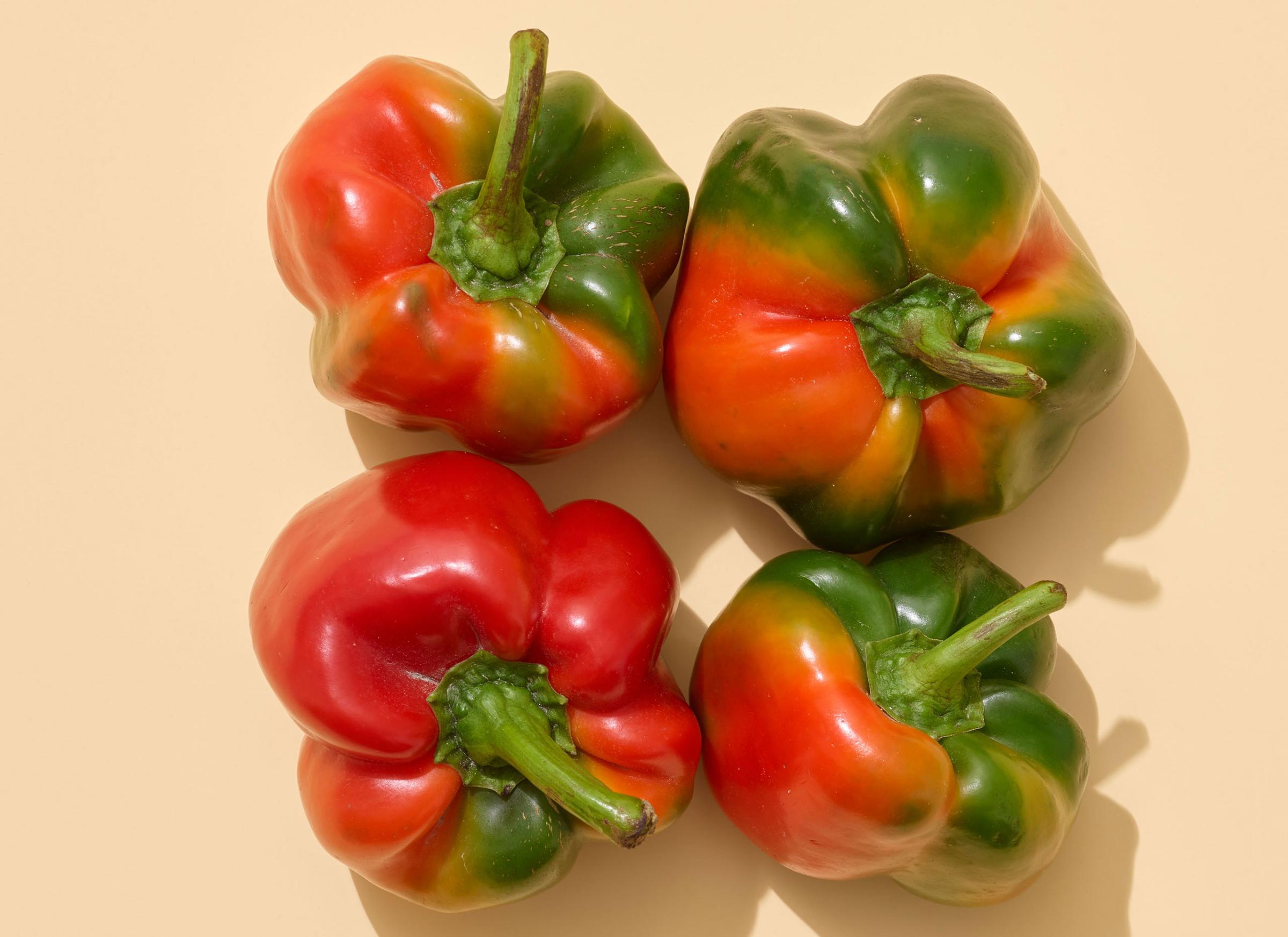
How to eat them: Chop up bell peppers and serve them with hummus or drizzled with a little red-wine vinegar, salt and pepper.
Why they’re good for you: Bell peppers—especially the bright-red ones—are high in antioxidants and low in starch. Similar to spicy peppers, sweet bell peppers contain the chemical compound capsaicin, which is known to help reduce inflammation and potentially even pain.
Pears
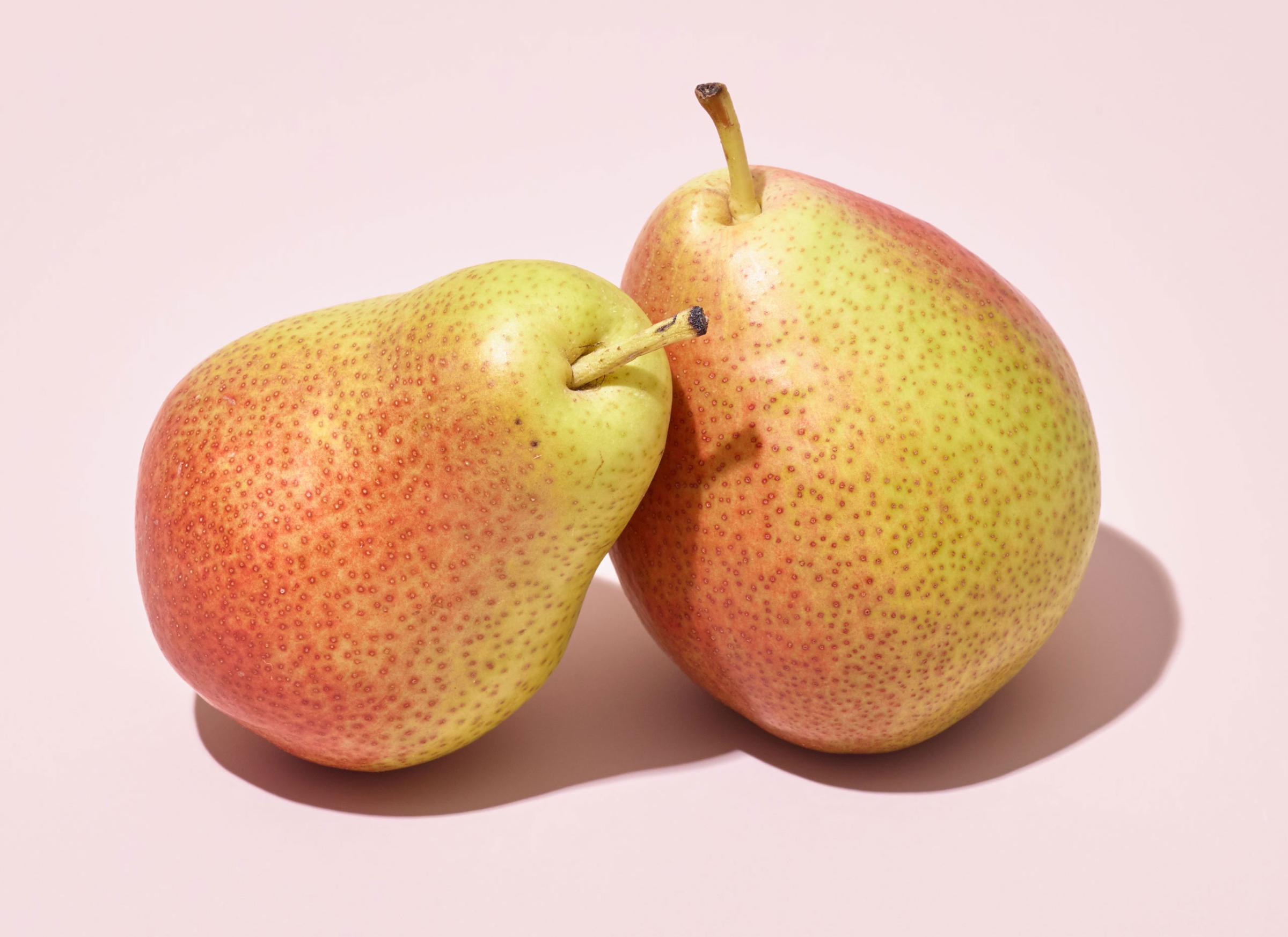
How to eat them: Slice up pears and add them to a salad with walnuts and a soft cheese.
Why they’re good for you: If you’re concerned about inflammation (say, if you have arthritis or diabetes), eating high-fiber foods like pears is a natural way to fight the problem. Fiber-rich diets contribute to a healthy microbiome and promote satiety—helpful when trying to lose weight.
Mackerel

How to eat it: This fish is a Mediterranean staple. Roast a fillet of mackerel (or the whole fish if you’re adventurous) with a generous helping of herbs, olive oil and lemon.
Why it’s good for you: The high fat in mackerel helps fight diseases characterized by high inflammation, like heart disease and Alzheimer’s. Mackerel is also a source of vitamins B12 and D, the latter of which can be hard to find naturally in foods. Vitamin D is important for maintaining strong bones and immune-system function, as well as helping the body absorb calcium.
Spinach
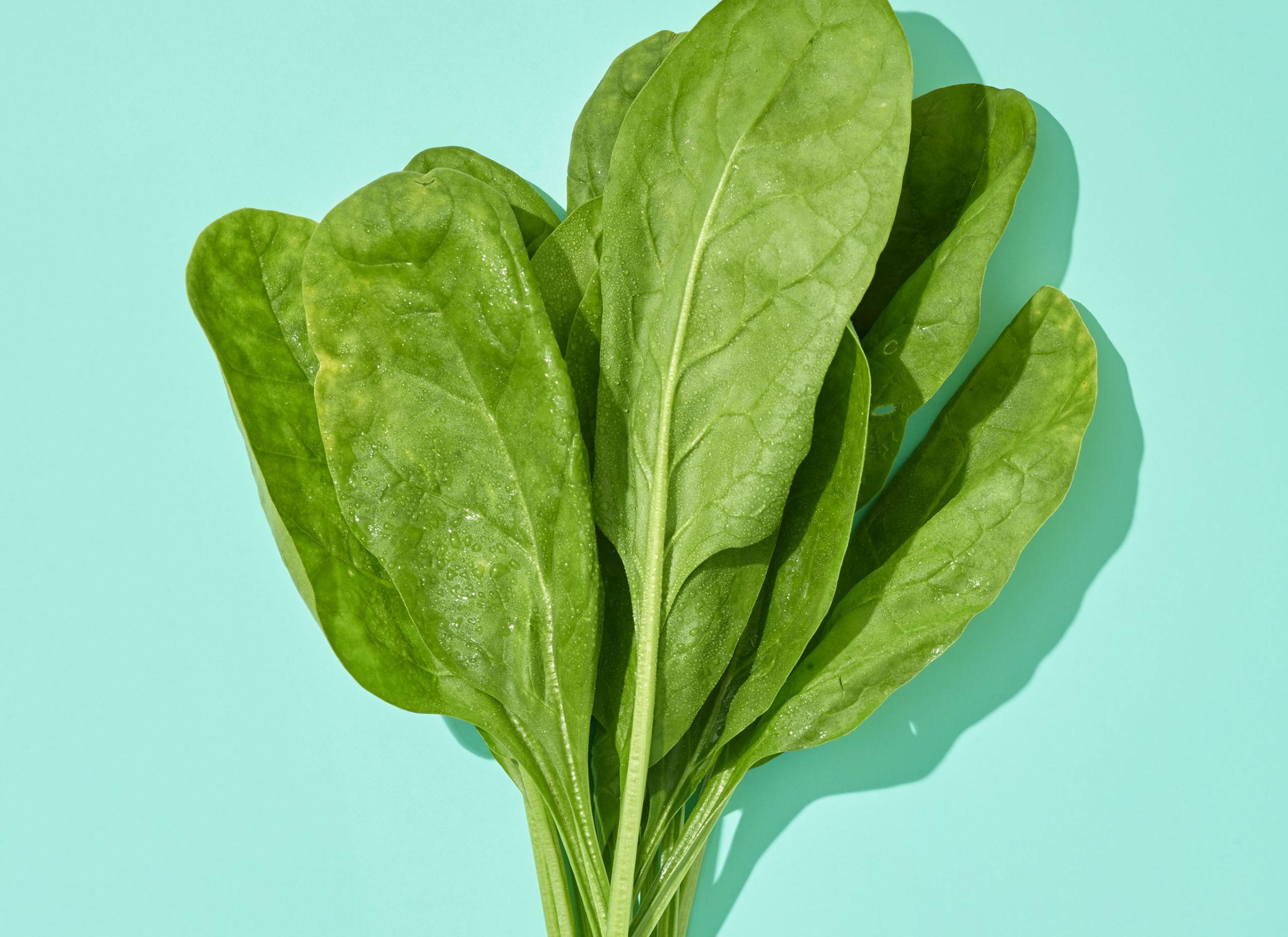
How to eat it: Make a spinach salad with a high-fat food like avocado in order to take full advantage of the veggie’s nutrients.
Why it’s good for you: Spinach deserves its reputation as a power food. It is a good source of vitamin E, which may help protect the body from inflammation-causing molecules called cytokines. The dark color lets you know that it is nutrient- dense, like other leafy greens.
Black tea
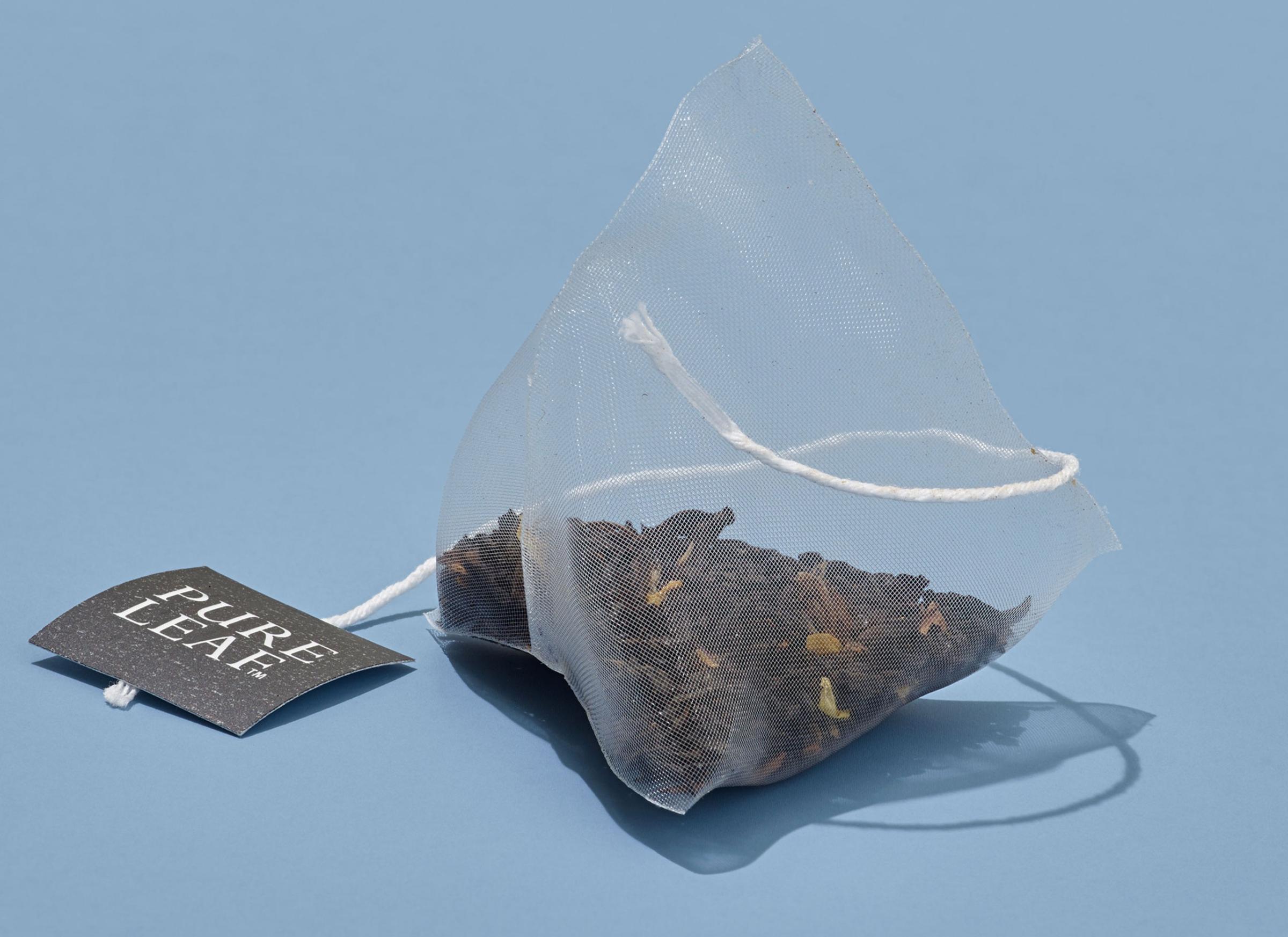
How to drink it: Black tea tastes great on its own as well as with a bit of milk and honey, or you can add some lemon and pomegranate juice for a refreshing beverage.
Why it’s good for you: Green tea usually gets all the attention, but black tea (which comes from the same plant) also has benefits. Drinking black tea may help keep arteries open, and it contains antioxidants that are known to protect cells from damage. One study linked black tea to a substantially lower risk of ovarian cancer.
Buckwheat
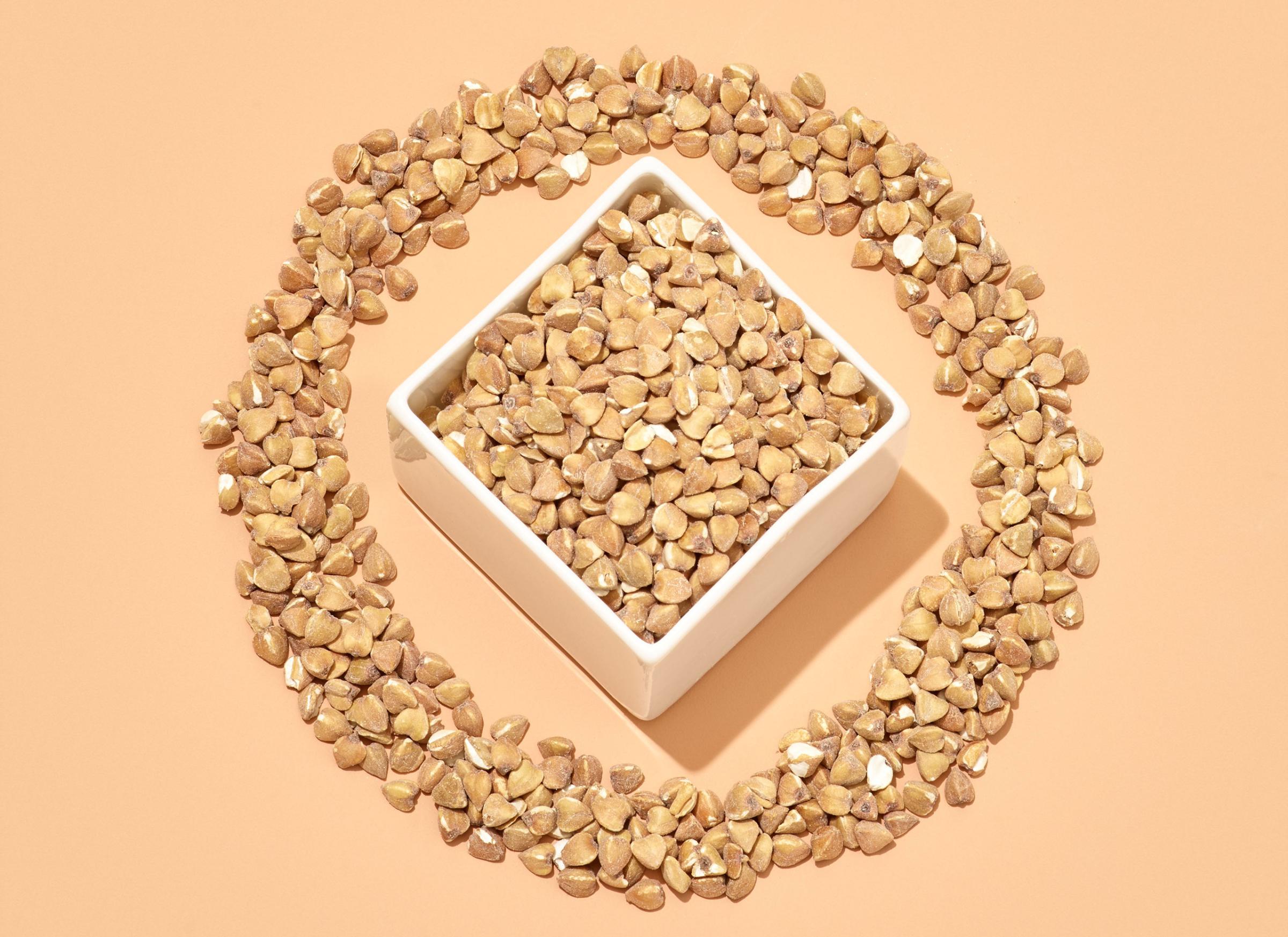
How to eat it: Buckwheat is used to make soba noodles, which you can get in grocery stores and use in soups. You can also buy the grain on its own and eat it in place of rice.
Why it’s good for you: Eating grains may reduce blood levels of a marker for inflammation called C-reactive protein. Buckwheat is also gluten-free, making it a safe option for people with celiac disease (double-check labels, though).
Pomegranate seeds

How to eat them: Many grocery stores sell prepackaged pomegranate seeds, but if you want to start with the full fruit, cut it in half and spoon the seeds into a bowl to munch on or add to salads.
Why they’re good for you: Pomegranate seeds are a good source of antioxidants that can lower both cholesterol and blood pressure. In fact, experts think that a compound in them called punicalagin targets inflammation in the brain, which could help slow the progression of brain-related decline.
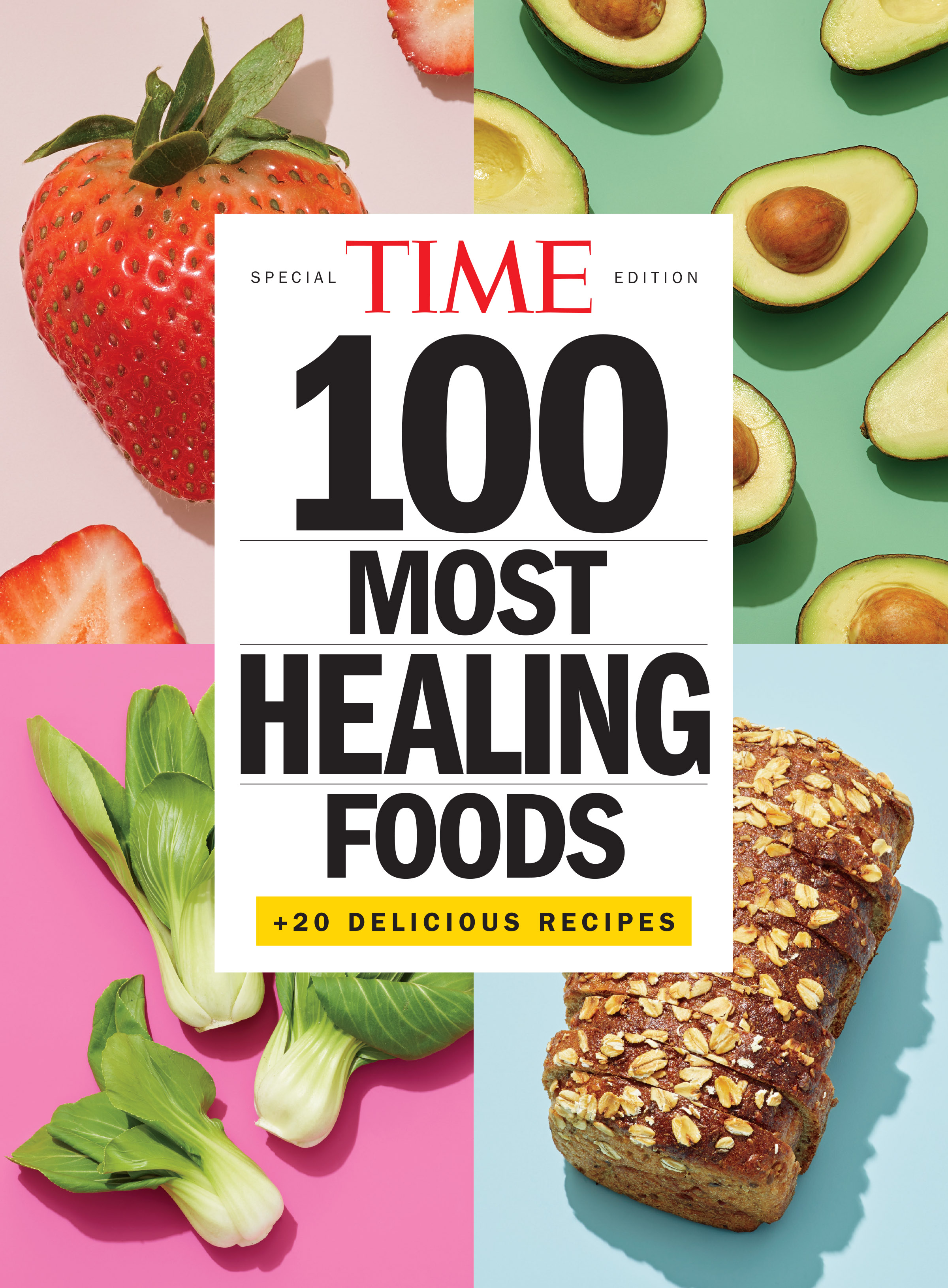
More Must-Reads from TIME
- Why Trump’s Message Worked on Latino Men
- What Trump’s Win Could Mean for Housing
- The 100 Must-Read Books of 2024
- Sleep Doctors Share the 1 Tip That’s Changed Their Lives
- Column: Let’s Bring Back Romance
- What It’s Like to Have Long COVID As a Kid
- FX’s Say Nothing Is the Must-Watch Political Thriller of 2024
- Merle Bombardieri Is Helping People Make the Baby Decision
Contact us at letters@time.com